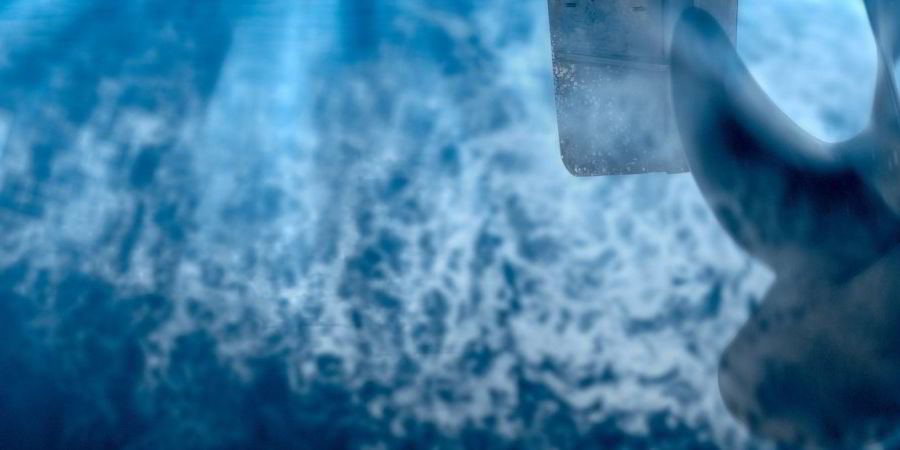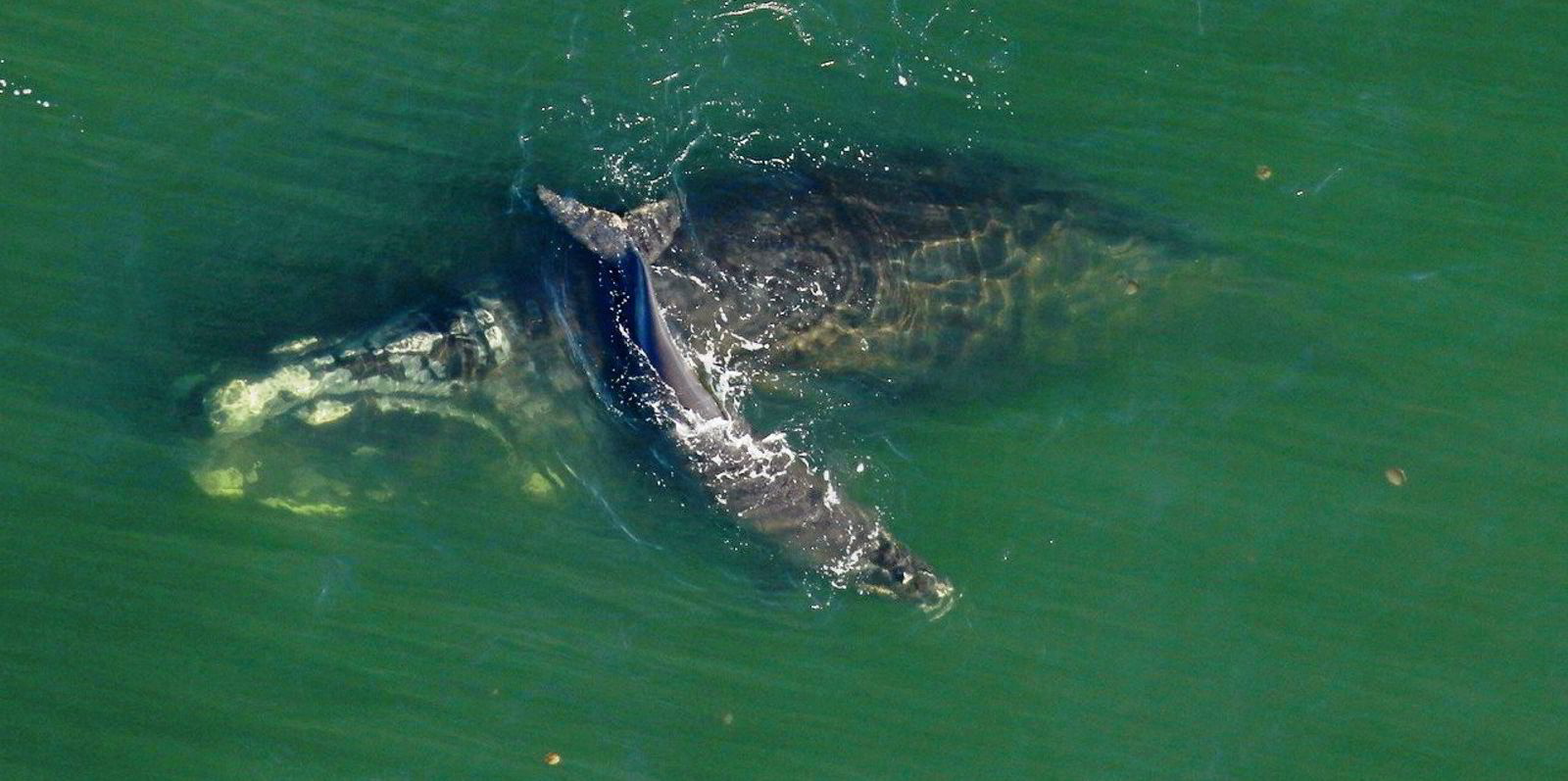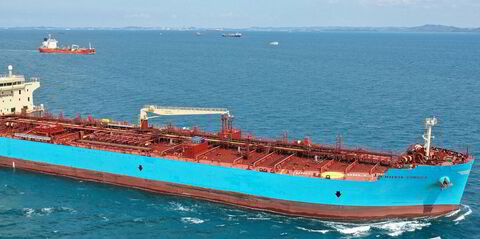Hawaii-based shipping company Matson Navigation is attaching thermal imaging cameras to its ships in a bid to prevent whale strikes.
The container operator has installed cameras on three of its vessels as part of a project in conjunction with the Woods Hole Oceanographic Institution, whose researchers have developed a marine mammal detection system.
Each year more than 80 endangered or threatened whales are struck and killed off the west coast of the US, according to the institution, while North Atlantic right whales are threatened on the east coast, with numbers now perilously low.
Matson has committed $1m to the research and development of the cameras, which can detect the heat of whales’ bodies and give range and bearing from the ship.
The system uses artificial intelligence to determine whether the thermal image is of a whale or its water spout.
The AI is designed to filter out false alarms and give ships’ crews only true potential whale alerts within 15 seconds.
The aim is to provide navigating officers with enough real-time information to alter course or speed to avoid a strike.
One of the vessels, the 2,890-teu Manulani (built 2005), which runs between the US and Honolulu, has been using the system for three months and detected 1,169 whales and dolphins, with a range of up to 6.5km.
Matson chairman and chief executive Matt Cox said: “Having made significant adjustments to our operating schedule and vessel routing along the west coast to avoid whale conservation areas, we are excited to be adding this new technology and plan to expand its use across our fleet in hopes of helping make a positive difference in the protection of these animals.”
Woods Hole associate scientist Daniel Zitterbart said: “We are excited as we continue to get new data pouring in from these systems.
“Used alone or in conjunction with other proven protections like passive acoustic monitoring, this technology can significantly reduce the risk of vessel strikes and be a positive force in the protection of marine animals,” he added.






